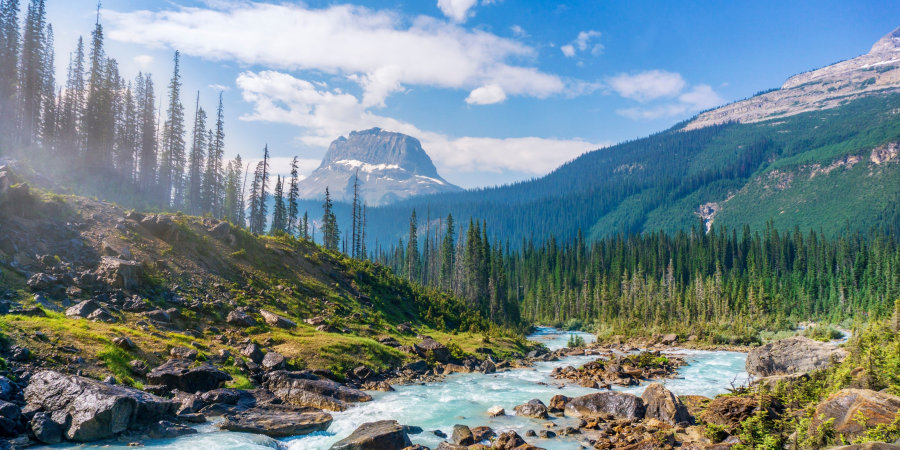

Nature, the intricate web of life that surrounds us, encompasses everything from the tiniest microorganisms to the vast ecosystems of forests, oceans, and deserts. It is a dynamic and complex system where each component plays a crucial role in maintaining the balance of the environment. The importance of nature cannot be overstated, as it provides essential services that support life on Earth, including clean air, water, and fertile soil.
One of the most remarkable aspects of nature is biodiversity, the variety of life in all its forms. This diversity ensures ecosystem resilience, allowing natural systems to recover from disturbances and adapt to changes. Biodiversity contributes to the stability and productivity of ecosystems, providing resources such as food, medicine, and raw materials. For instance, many pharmaceutical compounds are derived from plants, animals, and microorganisms, highlighting the value of preserving natural habitats.
Forests, often referred to as the lungs of the Earth, play a vital role in regulating the climate by absorbing carbon dioxide and releasing oxygen. They also serve as habitats for countless species, some of which are yet to be discovered. The Amazon Rainforest alone is home to an estimated 10% of the world's known species. Forests also protect watersheds, preventing soil erosion and maintaining water quality by filtering pollutants.
Oceans, covering more than 70% of the Earth's surface, are another critical component of nature. They regulate the planet's climate by distributing heat around the globe and are a major source of oxygen, thanks to the photosynthetic activities of marine plants and algae. Oceans are also a significant source of food and livelihood for millions of people worldwide. Coral reefs, often called the rainforests of the sea, support a diverse range of marine life and protect coastlines from storm surges and erosion.
Wetlands, though less celebrated, are equally important. They act as natural water filters, trapping pollutants and sediments, and serve as buffers against floods and droughts. Wetlands are also crucial habitats for many species, providing breeding grounds for fish, birds, and other wildlife.
Deserts, while seemingly barren, are teeming with life adapted to extreme conditions. These ecosystems are vital for understanding how species can survive and thrive in harsh environments. Deserts also play a role in global carbon and water cycles, influencing weather patterns and climate.
Human activities, however, are increasingly threatening the balance of nature. Deforestation, pollution, climate change, and overexploitation of resources are leading to habitat destruction and biodiversity loss at an alarming rate. The consequences of disrupting natural systems can be severe, affecting not only wildlife but also human health and livelihoods.
Protecting nature requires concerted efforts at local, national, and global levels. Conservation initiatives, sustainable practices, and environmental policies are essential to safeguard natural habitats and ensure the long-term health of our planet. By valuing and preserving nature, we not only protect the intricate web of life but also secure a sustainable future for generations to come.
